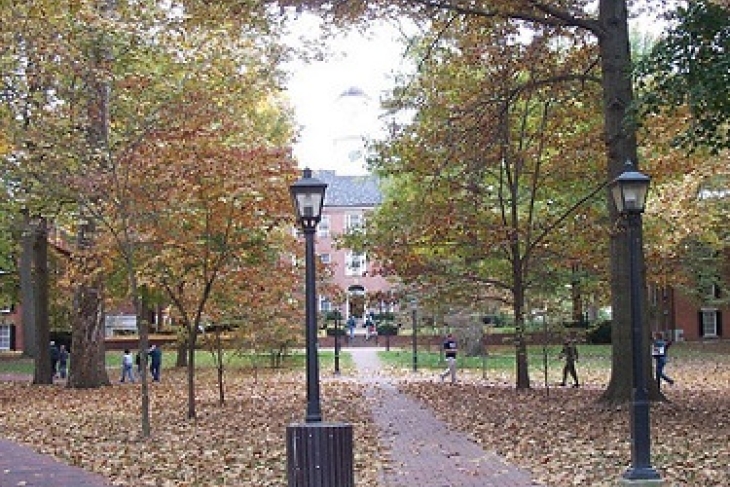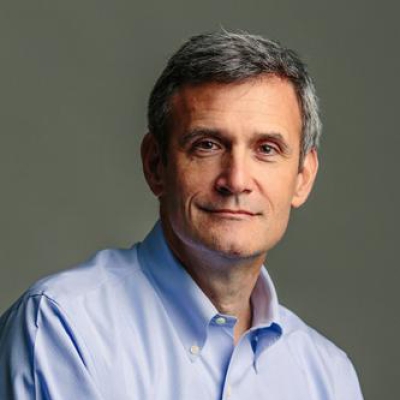This post has been updated with the full text of "The demise of college is greatly exaggerated."
On a snowy December night in 1981, I packed my clothes and stereo into the back of a battered Ford Capri and drove away from SUNY Oswego. I was midway through a restless sophomore year and decided to “take a semester off.” I didn’t know it at the time, but it turned out to be my last day as a full-time college student.
I finished my degree eventually, after far more years than I ought to admit, through a combination of classes, life-learning credit, CLEP exams, and independent study. Ultimately, my college education was highly personalized, largely self-directed, and only loosely bound to a physical campus. Cheap, too. I ended up spending far more on my daughter’s preschool than my entire bachelor’s degree.
Given all this, I ought to be solidly in agreement with the argument put forth by Kevin Carey in his new book The End of College, which holds that American colleges and universities are operating on a deeply flawed and increasingly unsupportable model. The litany of complaints is familiar: College is too expensive, caters to elites, and saddles young people with crushing debt for a product of dubious value. Universities spend lavishly on football teams and resort-quality dorms. Teaching undergraduates is little more than a tax on the research mission that is the true raison d'etre for our prestigious cathedrals of higher education.
I’m sure this is true, and worse. Yet as I write this, I am in the middle of a 1,200-mile road trip with my daughter. We are following a well-worn path trod by countless other parents and high school juniors touring prospective colleges up and down the East Coast. The irony is not lost upon me. I’m an alumnus of the “University of Everywhere,” Carey’s too-clever-by-half name for a new paradigm of higher education, which he assures us will be “like nothing that has come before.” Yet I have no desire to see my kid become a legacy admit.
An untraditional degree path served me well. It forced me to be far more resourceful and diligent than I was as a traditional student. I got the credential and a rigorous education. What I didn’t get to do, however, was go to college. I missed out on the relationship with an institution; the enduring friendships and alumni connections; the intellectual, cultural, and social serendipity, even the messy bits, that are part of college life.
“At the University of Everywhere, educational resources that have been scarce and expensive for centuries will be abundant and free,” Carey predicted. “The University of Everywhere will span the earth. The students will come from towns, cities and countries in all cultures and societies, members of a growing global middle class who will transform the experience of higher education.”
Carey is a serious thinker and writer about education, but this kind of overheated futurism takes me back to the 1990s tech-bubble heyday of the “New Economy,” when Wired Ventures described its HotWired website as the “live, twitching, real-time nervous system of the planet.” The site shut down five years later. The planet somehow manages to persist without its nervous system. I suspect colleges will too.
Indeed, it’s possible that higher education has already had its disruptive transformation. College students are already older and more likely to attend part-time or work full-time while enrolled than ever before. Our view of college as one that cocoons 18–22 year olds on a campus for four years is already long outdated.
Carey is on firmer ground in observing how our current higher education system tends to cement privilege. "If only the rich can afford to go to the 'good colleges,' then we don't have a system of opportunity,” he said in an NPR interview. “We have a system of replicating privilege that already exists." But this laudable, democratizing impulse is thwarted not by lack of access to education, or even cost, but by insufficient preparation. Kids who are unprepared for traditional college will likely be non-starters at the University of Everywhere. This is especially true of first-generation college goers from low-income families, who seem to do best at colleges that work closely with them and cohorts of similar students to keep them attached and persisting.
For some, especially the intellectually nimble and motivated, the University of Everywhere will be a low-cost academic godsend and something approaching a true meritocracy. But I’m less confident than Carey that any other than truly marginal colleges will be replaced by Udacity, massive open online courses, and “open badges” that employers can inspect to determine the value of a student’s coursework in molecular biology.
Indeed, the University of Everywhere has always been available to gifted autodidacts, from Benjamin Franklin and Abraham Lincoln to Elon Musk and August Wilson, who dropped out of Pittsburgh’s Gladstone High School in ninth grade and later in life described himself as "a graduate of the Carnegie Library."

